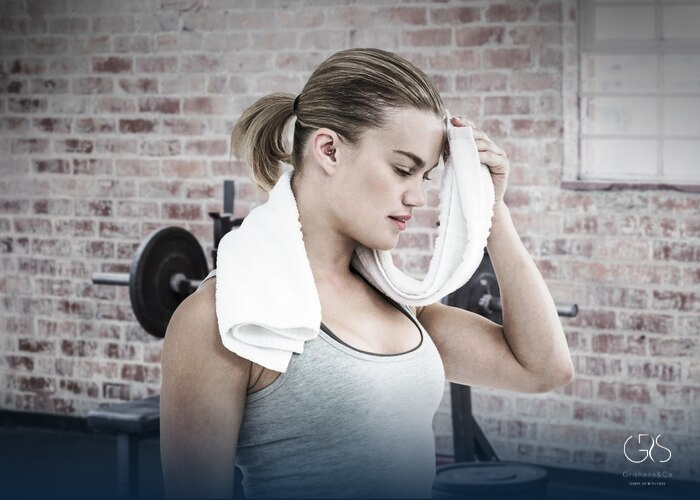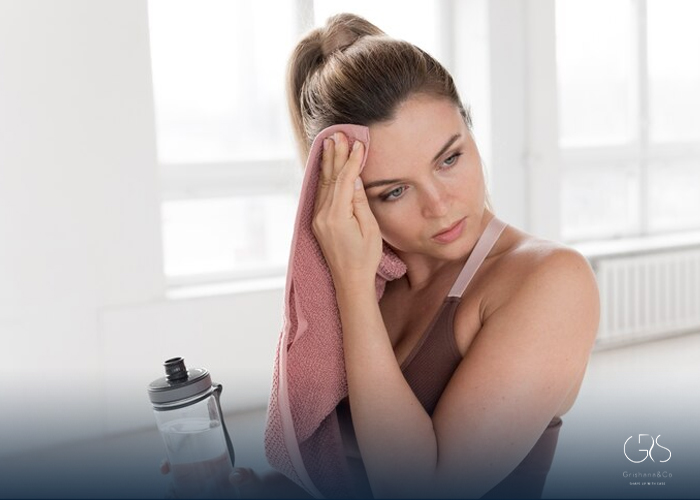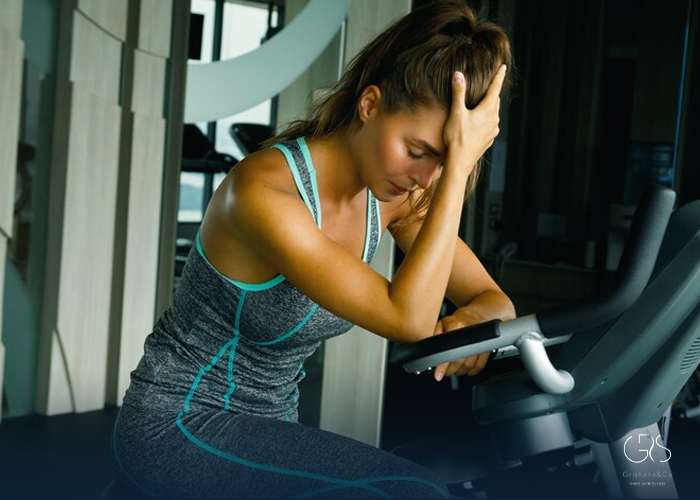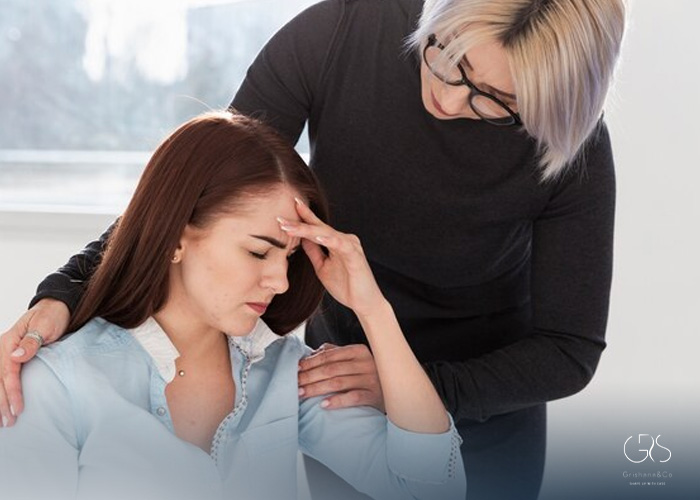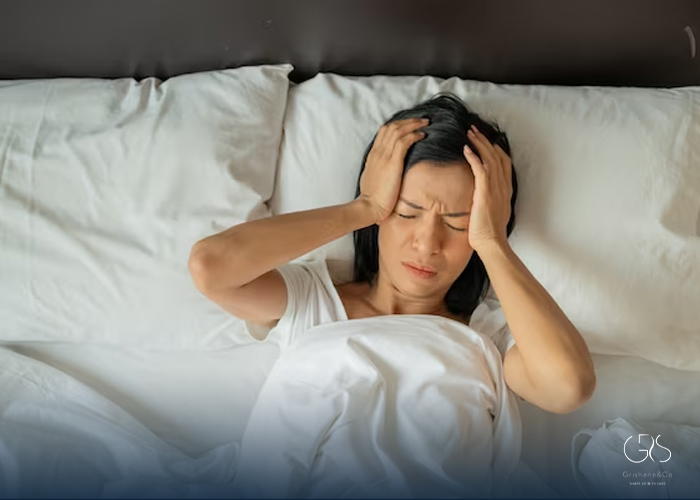Headaches are a common occurrence after exercise, affecting individuals regardless of their fitness levels. While it can be normal to experience some discomfort after a workout, persistent or severe headaches may indicate an underlying issue that needs attention. Understanding the causes of post-exercise headaches and learning how to manage them effectively is crucial for maintaining a healthy exercise routine.
Understanding Post-Exercise Headaches
Post-exercise headaches can be categorized into two main types: primary and secondary. Primary exercise headaches are benign and typically occur during or after strenuous physical activity. They are usually short-lived and resolve on their own without the need for medical intervention. On the other hand, secondary exercise headaches are more concerning as they can be a symptom of an underlying health condition, such as dehydration, muscle tension, or even more serious issues like a concussion or heat stroke.
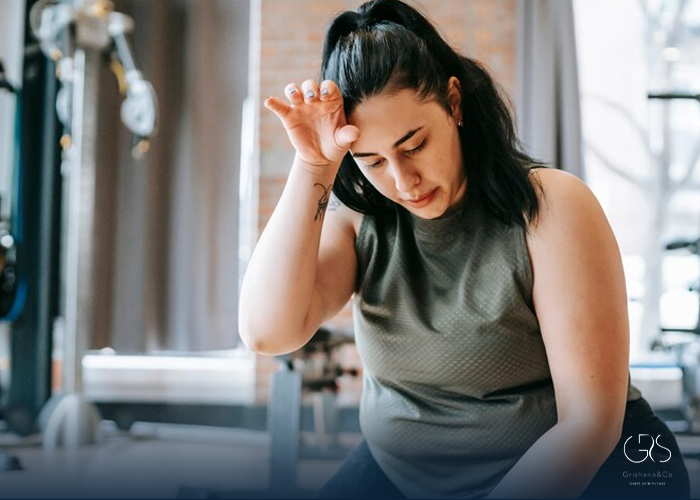
Symptoms of Post-Exercise Headaches
Post-exercise headaches can present with various symptoms, including:
- Throbbing or pulsating pain
- Pain on both sides of the head
- Sensitivity to light and sound
- Nausea or vomiting
- Dizziness or lightheadedness
Common Causes of Post-Exercise Headaches
- Dehydration: Failure to hydrate adequately before, during, and after a workout can lead to headaches due to the loss of fluid and electrolytes. It is essential to drink enough water to prevent dehydration and subsequent headaches.

- Muscle Tension: Poor posture, muscle imbalances, or overexertion during exercise can cause tension headaches. Stretching, proper warm-up, and cool-down routines can help prevent muscle tension headaches.
- Sinus Pressure: Changes in air pressure during high-intensity activities or outdoor workouts can trigger headaches in individuals who are sensitive to sinus issues.

- Exertional Headaches: These headaches occur during or shortly after exercise and are thought to be related to rapid changes in blood flow and blood vessel dilation in the brain.
Treatment and Prevention Strategies
Managing post-exercise headaches involves a combination of treatment and prevention strategies to alleviate symptoms and reduce the risk of recurrent episodes. Here are some tips to help you deal with post-workout headaches effectively:
- Hydrate Properly: Make sure to drink enough water before, during, and after your workouts to maintain proper hydration levels and prevent dehydration-related headaches.
- Warm-Up and Cool Down: Incorporate a proper warm-up and cool-down routine into your exercise regimen to prepare your body for physical activity and prevent muscle tension headaches.
- Correct your Posture: Pay attention to your form and posture during exercise to prevent strain on your muscles and joints, which can contribute to tension headaches.
- Modify Your Workouts: If you notice that certain exercises or activities trigger headaches, consider modifying your routine or trying alternative forms of exercise that are less likely to cause discomfort.
- Consult a Healthcare Provider: If you experience severe or persistent post-exercise headaches, it is essential to consult a healthcare provider to rule out any underlying medical conditions and receive appropriate treatment.
Statistics on Headaches Related to Physical Activity
- According to the American Migraine Foundation, up to 40% of individuals experience exercise-induced headaches at some point.
- A study published in the Journal of Headache and Pain found that women are more likely to experience headaches related to physical activity compared to men.
- Research from the National Headache Foundation suggests that dehydration is a leading cause of post-exercise headaches, with up to 75% of the population being chronically dehydrated.
Conclusion
While post-exercise headaches can be bothersome, they are often manageable with proper hydration, warm-up routines, and attention to posture. By listening to your body, identifying common triggers, and seeking medical advice when needed, you can overcome post-workout headaches and enjoy the benefits of regular physical activity.
Sources
- American Migraine Foundation, Primary Exercise Headache
- National Library of Medicine, Dehydration and Headache
- The Journal of Headache and Pain, The Journal of Headache and Pain


